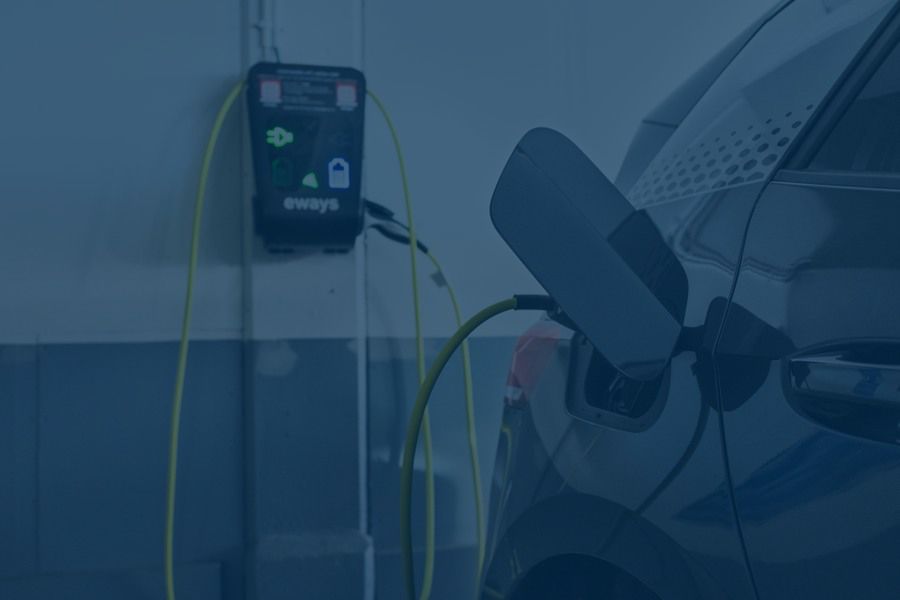
The energy consumption during the lifespan of a property is considerable. Energy classifications, choosing fossil-free energy types and efficient management of the properties reduce their climate impact.
John Mattson’s properties are to be managed with as little impact on the environment and climate as possible. We also make it easy for our tenants and employees to live in a climate-smart manner and inspire a greater number of sustainable choices.
By 2030, John Mattson will have reduced its Scope 1 and Scope 2 greenhouse gas emissions by at least 40% compared with the base year of 2021. The company will reduce its GHG emissions from new builds and redevelopments on a per square metre basis to match or better the property sector average. We already have a long-term plan that governs progress in this. In 2023, we also developed a three-year plan to reduce purchased energy 25% by 2026. The plan includes reducing energy consumption in buildings as well as creating sustainable energy sources. Our supplier policy is to ensure that our suppliers are informed about their environmental impact and can exercise control over it. It also ensures that they take choice of material into consideration for redevelopment projects and extensions. A new car policy was introduced in 2023, which limits our purchases of new service vehicles to exclusively electric vehicles
The terms of our sustainability-linked loans are connected to the company’s ability to reduce energy consumption. Our energy plan includes significant measures, such as heating systems, renewable energy sources and heating recovery where it has yet to be implemented today, as well as smaller measures to reduce energy consumption. The entire property management organisation is focused on energy issues and works continuously with effective follow up. In 2023, emphasis was placed on switching to the energy follow-up system that was launched in the beginning of 2024. Going forward, the new system will be a valuable tool for following up on energy consumption, carbon emissions, solar energy production, etc.In 2024, focus was primarily on energy measures that support renewable energy sources such as geothermal and solar energy. We are planning to produce our own climate-friendly electricity through solar cells. For example, solar cells are planned for several properties in Larsberg with the goal of installing them by summer 2024.
John Mattson wants to inspire our tenants to live a climate-smart lifestyle and make it easy for them to do so. Our housing project in Vilunda in Upplands Väsby is an example of an apartment building where private parking spots have been replaced by sustainable and shared mobility solutions to inspire tenants to make sustainable choices in travel and housing. During the year, we continued to inform tenants about how they can reduce energy consumption in their own households and how to sort their food waste. We also installed several charging stations for electric vehicles and created expanded carpool solutions in our portfolio.
We are gradually phasing out fossil-driven company cars in favour of fossil-free alternatives with the ambition of achieving a fossil-free vehicle fleet by 2028. At the end of the year, 88% of our fleet consisted of vehicles fuelled either by electricity or biogas, including hybrid cars where work journeys per day do not exceed 50 kilometres.